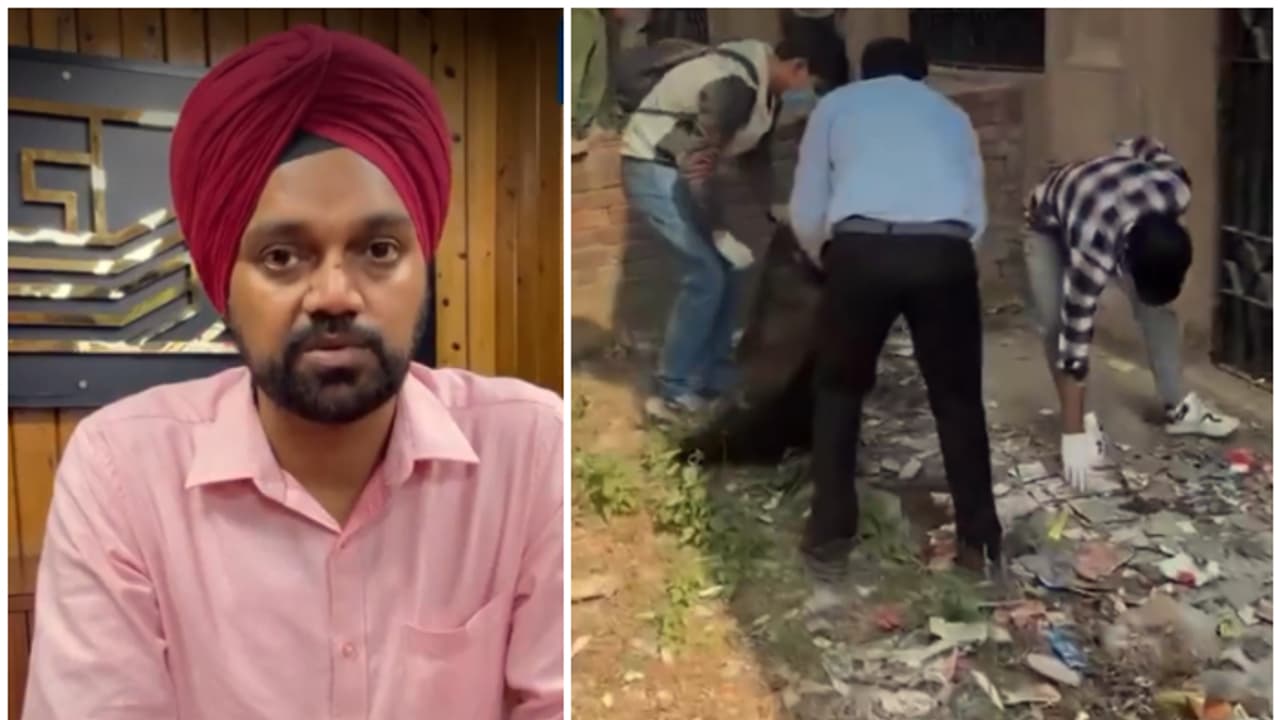IAS officer Indrajeet Singh led Lucknow’s incredible clean-up by changing attitudes, improving waste processing, and empowering sanitation workers, turning the city into a model of cleanliness and sustainability.
Lucknow, famously known as the “City of Nawabs,” once struggled with massive unprocessed waste that threatened its environment and public health. Mountains of garbage mixed with plastic and biomedical waste had been accumulating for over a decade at dumping sites like Ghaila and Shivari. Toxic leachate from these piles seeped into groundwater, causing alarming pollution levels. Tackling this issue required more than just infrastructure; it demanded a fundamental shift in mindset.
Shifting Perspectives to Drive Change
Indrajeet Singh, who became Lucknow’s Municipal Commissioner in June 2022, recognized that the core problem was the indifferent attitude toward waste management. “Waste was collected and dumped, end of responsibility. Neither corporators, contractors, nor workers saw processing as their job,” he explained. Singh prioritized raising awareness among all stakeholders by holding open forums, sharing data, and educating municipal employees, corporators, and citizens about the dangers of untreated waste and the benefits of proper processing.
Improving the conditions of sanitation workers was another critical step. Many workers faced irregular salary payments, which hurt morale. Singh addressed this by ensuring timely payment of wages and clearing dues, which energized the workforce. “Motivated workers are the backbone of any successful cleanliness drive,” Singh said. He also facilitated study visits for workers and staff to cities like Pune and Indore to inspire innovation and best practices.
The Shivari Plant: Cornerstone of Transformation
Lucknow’s breakthrough came with the Shivari waste processing plant. Initially unsure how to tackle the massive legacy waste, the team gradually developed a system that processes 2,100 tonnes of daily garbage scientifically. The plant converts waste into compost, Refuse-Derived Fuel (RDF), and recyclables sent to industries under Extended Producer Responsibility (EPR) guidelines.
Singh proudly stated, “Lucknow is now Uttar Pradesh’s first net-zero waste dump city.” The plant’s leachate treatment facility protects the soil and groundwater, while a 2 MW solar power unit reduces energy costs by Rs 20 lakh per month, adding a sustainable dimension to waste management.
Empowering Citizens and Workers
Engaging citizens was key to sustaining the change. Over 1,250 electric vehicles now collect waste door-to-door from 7.5 lakh households. Awareness campaigns in schools, colleges, and public spaces educated residents about segregation, composting, and cleanliness.
Sanitation workers also gained dignity and security. They received safety gear and formal employment benefits like EPF and medical support. Neeraj, a sanitation worker, shared, “Earlier, we survived on borrowed money. Now, our salaries come on time, and we have proper medical support.” This respect helped build a motivated and dedicated workforce.
Indrajeet Singh’s leadership has turned Lucknow’s waste crisis into a model urban sanitation success. His simple belief sums it up: “If cities sincerely follow Swachh Bharat guidelines, clean and sustainable living is not just possible, it’s guaranteed.” Lucknow’s inspiring journey is proof that inclusive governance, awareness, and commitment can transform cities for the better.
